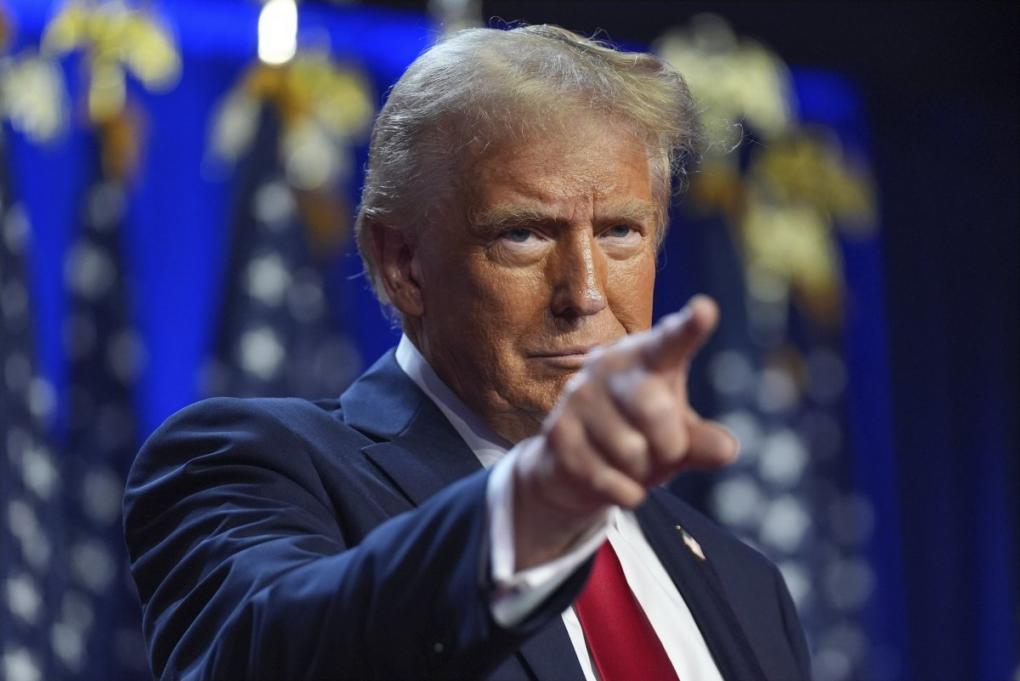
The travel bans and policy changes implemented by the Trump administration have had a profound impact on international students, particularly those from certain countries. According to the Associated Press, the Trump administration decided to impose travel bans or restrictions on people from 19 countries, leaving thousands of international students worldwide in a difficult situation. The increasing difficulty of visa applications, combined with frequent immigration enforcement actions, led to the sudden termination of some students' visas. As a result, many students have chosen to abandon their plans to study in the U.S. and have instead applied to schools in other countries.
Visa Issues and Immigration Enforcement: Shattered Dreams of Studying Abroad
For 21-year-old Afghan student Bahara Saghari, studying in the U.S. had always been her dream. However, the policies of the Trump administration made her feel that everything she hoped for had become unattainable. In an interview with the Associated Press, Saghari explained that she had believed she could finally achieve her dream, but the sudden policy changes caused it all to vanish. This feeling has been deeply painful for many students. For those who had already received acceptance letters, the difficulties in obtaining a visa—especially with the Trump administration's intensified immigration enforcement—made their study plans precarious. Even worse, some students had their visas abruptly canceled, directly impacting their plans to study in the U.S.
Other Countries as Alternatives: The U.S. Is No Longer the Only Choice
Due to the uncertainty surrounding studying in the U.S., many students have decided to turn their attention to other countries. While many still cherish the U.S. education system and its cultural appeal, the escalating visa difficulties and the unpredictability of immigration policies have forced them to reassess their study abroad options. Many students have opted for schools in other parts of the world rather than continuing to pursue U.S. universities. This shift in preference has resulted in a decline in the U.S.'s attractiveness to international students, particularly for those from the countries affected by the bans. For these students, the path to studying in the U.S. has become increasingly difficult.
The Collapse of the Study Abroad Dream: The Clash Between Idealism and Reality
28-year-old Iranian graduate Amir (a pseudonym) mentioned in an interview that, initially, he was filled with idealism about his future. He believed that with enough effort and talent, he could find a place anywhere in the world. However, the Trump administration's immigration policies changed his view of the U.S. He had hoped to further his studies in the U.S., but now he believes that American policies are not welcoming to students from certain countries. The sharp contrast between his idealism and the harsh reality made it extremely difficult for Amir to accept.
Amir is not the only international student who feels disappointed. After the implementation of the travel bans, many students' idealistic beliefs were severely shaken. They had believed that, with enough talent and determination, they could find opportunities anywhere in the world. However, the tightening of immigration policies made them realize that their choices might not be as abundant as they once thought.
The Impact of the Travel Ban: More Than Just Students
The Trump administration's travel ban has not only affected students' study abroad plans but has also had far-reaching effects on other sectors. Many students and families have become uncertain about their future plans, unsure whether their visa applications will be approved or if they will be able to study in the U.S. on time. Additionally, due to travel restrictions, many students have missed academic activities, lectures, and exchange opportunities they could have otherwise attended, limiting their academic life and career development.
At the same time, the policies of the Trump administration have intensified the international community's negative perception of the U.S. While the U.S. remains the ideal study destination for many, the increasing difficulty of visa applications and the tightening of immigration policies have led more and more students to choose other countries. This shift has posed a challenge to the international influence of the U.S. higher education system.
Study Abroad Is No Longer Just a Dream
The implementation of travel bans and immigration policies under the Trump administration has made the U.S. study abroad policies more complicated. For international students, studying abroad is no longer just a dream of acquiring knowledge and engaging in cultural exchange; it has become a journey full of uncertainties. As other countries gradually offer more favorable immigration policies and educational opportunities, an increasing number of students are opting to abandon the U.S. and seek new opportunities elsewhere.
In the future, international students' decisions will depend not only on academic and cultural considerations but also heavily on the policy environment in each country. For the Trump administration, these policies may have short-term effects on controlling immigration, but in the long run, they could weaken the U.S.'s position as a global education hub.

Since 2025, the conflict between the United States and Europe over the governance of the digital economy has continued to escalate.
Since 2025, the conflict between the United States and Euro…
When German Chancellor Mertz officially announced that he w…
On December 3rd local time, the copper price on the London …
The European Commission announced a new economic security s…
The European Commission announced a new economic security s…
For nearly a year, US President Donald Trump has launched a…